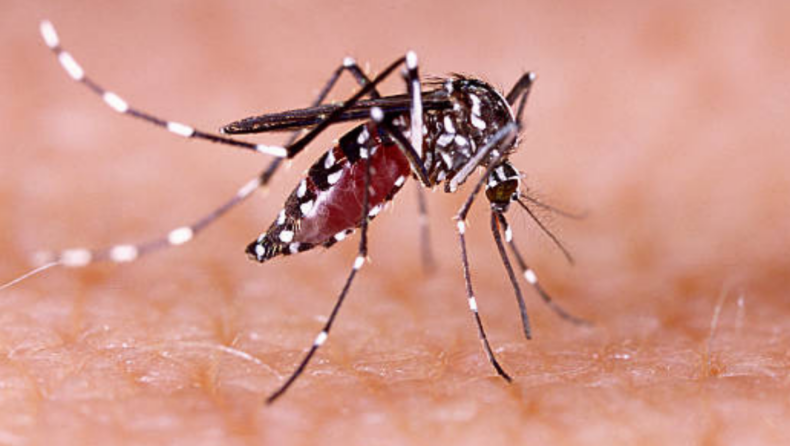US scientists believe that a single mutation in the Zika virus, spread by the mosquito, could lead to a dangerous outbreak.
Earlier, the World Health Organization issued a warning that infection through insect-borne pathogens will lead to the next pandemic. These insect-borne pathogens include Zika and dengue viruses. The Zika virus, spread through mosquitoes, is just a mutation away from turning deadly. Scientists are concerned that the Zika virus could become more infectious with the next mutation.
In 2016, the virus outbreak caused a global medical emergency. It caused brain damage in new-born babies by infecting pregnant women in America. Scientists have not found any vaccine for the Zika virus. However, there are no visible symptoms of the virus, but rare symptoms such as mild fever, rash, and conjunctivitis may appear.
What exactly is the Zika Virus?

The Zika virus infection is spread mainly by the bytes of infected mosquitoes found in some parts of the world. The infected insects can be seen in southern and Central America, except for those areas where there is excessive cold. In adults, the virus does not show any major symptoms or causes mild symptoms in most cases. However, it is dangerous for the babies in the womb as it causes microcephaly if a pregnant woman gets affected. Many cases have seen fatal damage to the brain of the child, which causes miscarriage or stillbirth.
A Single Mutation Could Make Zika Virus More Infectious And Able To Break Through Immunity
The virus is not deadly for adults. Research suggests that only a few people die due to the Zika virus. Furthermore, one out of five people infected develops symptoms. Currently, there is no treatment for the virus. Doctors advise people to avoid being bitten entirely.
Worldwide investigations regarding the spread of the variant
Scientists have proven that it is easy for the virus to mutate, thrive, and spread. It is possible for the virus to affect animals even if they are immune to the same mosquito-borne infection like dengue. During the experiment, when the Zika virus affected mosquito and mouse cells, small genetic changes occurred.
Sujan Sreshta, the lead investigator, said that “the Zika virus experimented in the lab evolved to such an extent that cross-protective immunity was no longer effective in protecting the spread.” Thus, if the virus mutates, we will face the same issue in our real lives.”
Prof. Jonathan Ball, an expert in the study of viruses at the University of Nottingham, somewhat has the same opinion. He said, “The world recently witnessed the rapid evolution of the coronavirus during the pandemic. Shapeshifting is a very common factor in many viruses. Thus, a slight change in the genome sequencing of the virus can lead to better survival capabilities of the virus.”
The same observation is made in another study by Dr. Clare Taylor of the Society for Applied Microbiology. He stated, “The experiments performed in the laboratory have some limitations. However, it proves that the Zika virus has the potential to develop many variants, and there is a huge necessity to monitor these variations.”
The Zika virus is a threat to many countries
The virus most likely spreads through the bites of mosquitoes. Thus, it is incapable of surviving in a cold climate. Scientists also assume that it is difficult for the virus to replicate in the winter months and that the outbreak is more likely to spread during the summer.
The Zika virus is most prevalent in countries like:
- Central and South America
- The Caribbean islands
- The Pacific islands
- Africa and
- Asia
The virus is hard to find in the United Kingdom. The World Health Organisation says that the virus is present in more than 87 countries. There were a lot of people in the Caribbean, most of Latin America, Central and South Asia as well as Papua New Guinea in 2020, where the virus was most common.
Last year, Kanpur witnessed 89 cases of the Zika virus. Of these, 17 children were infected by the virus. Apart from this, there are many other states in India like Kerala, Rajasthan, Maharashtra, Uttar Pradesh, etc. Where the Zika virus cases have been recorded.
Edited By: Aaradhana Singh
Published By: Akshaj Joshi













